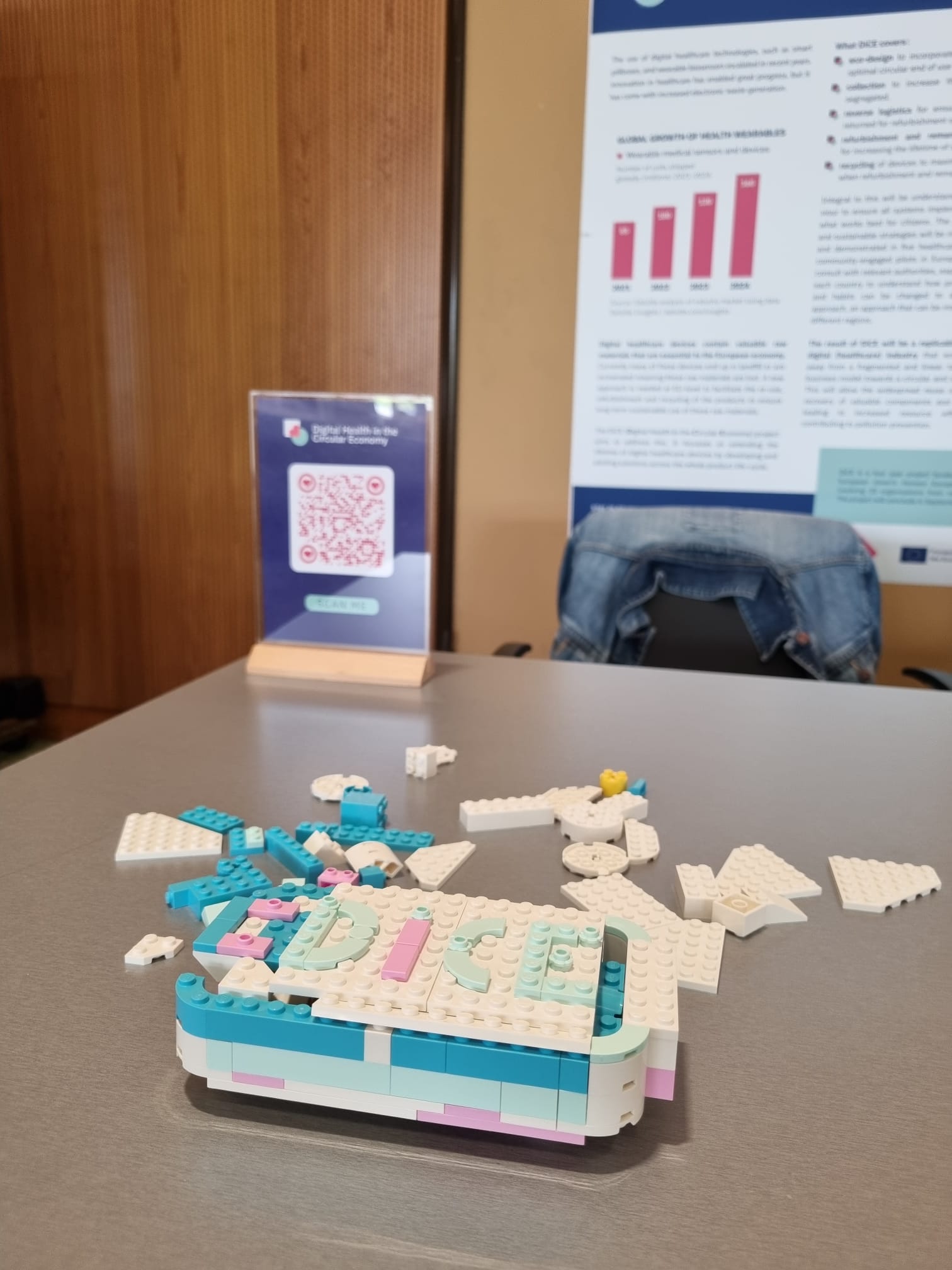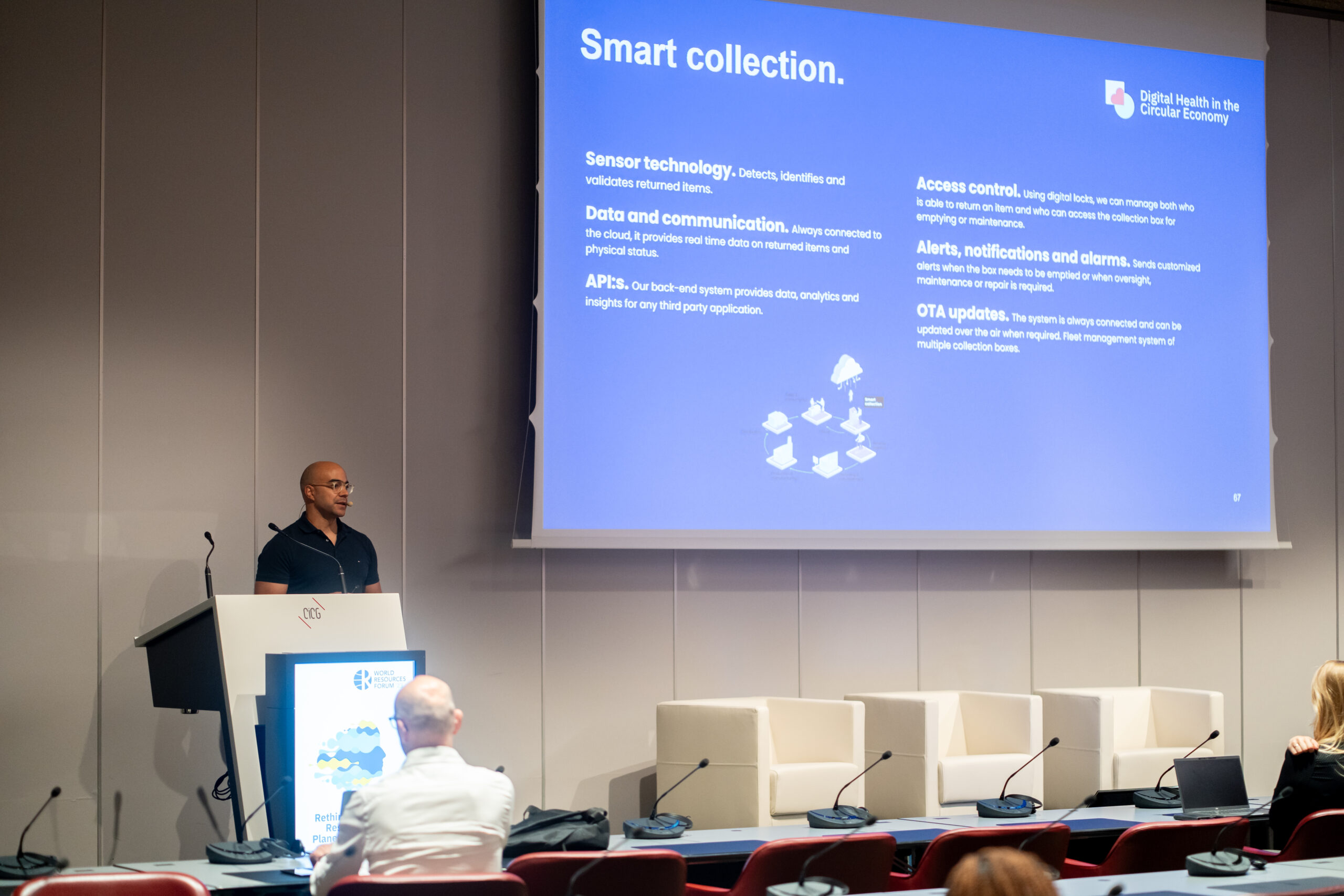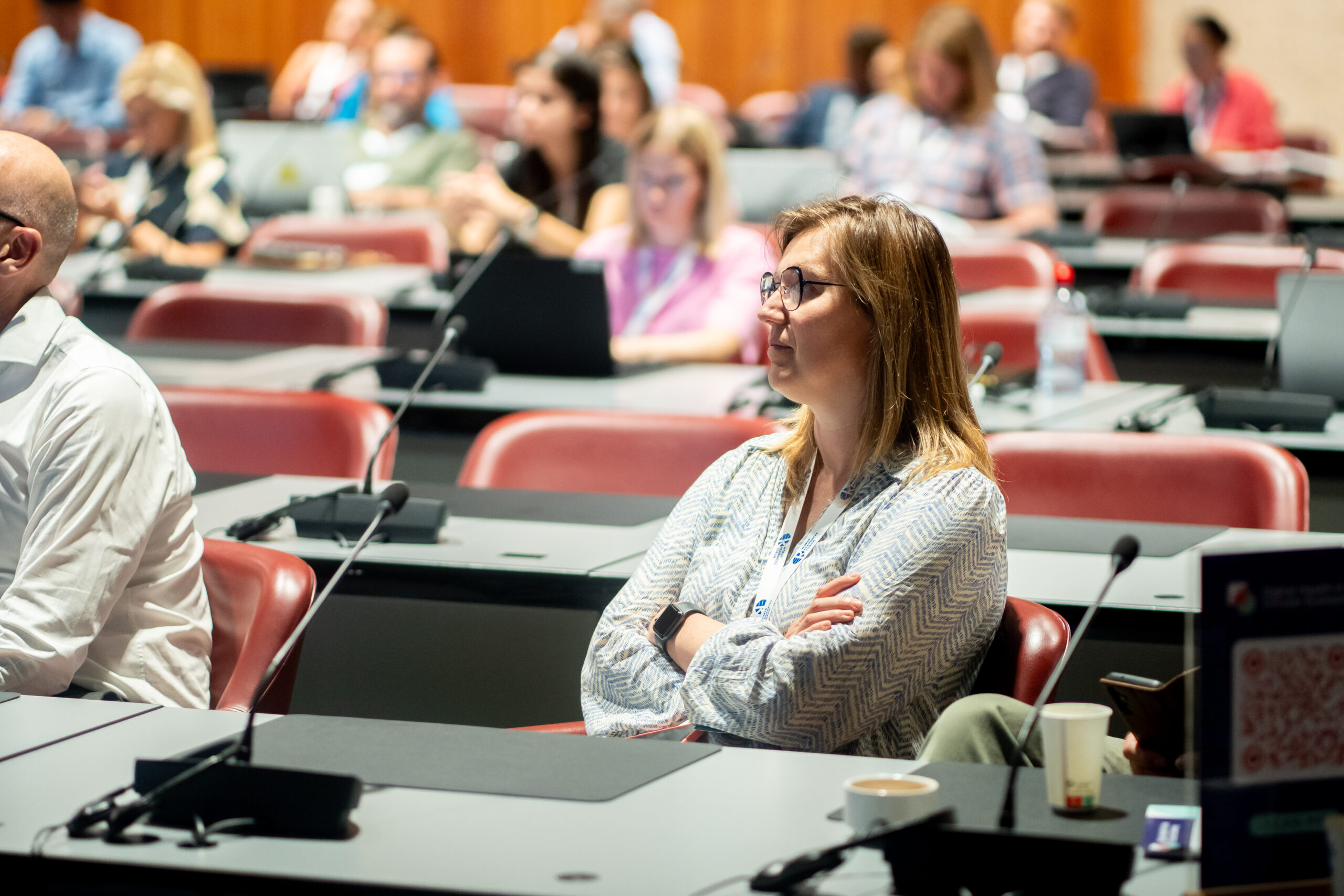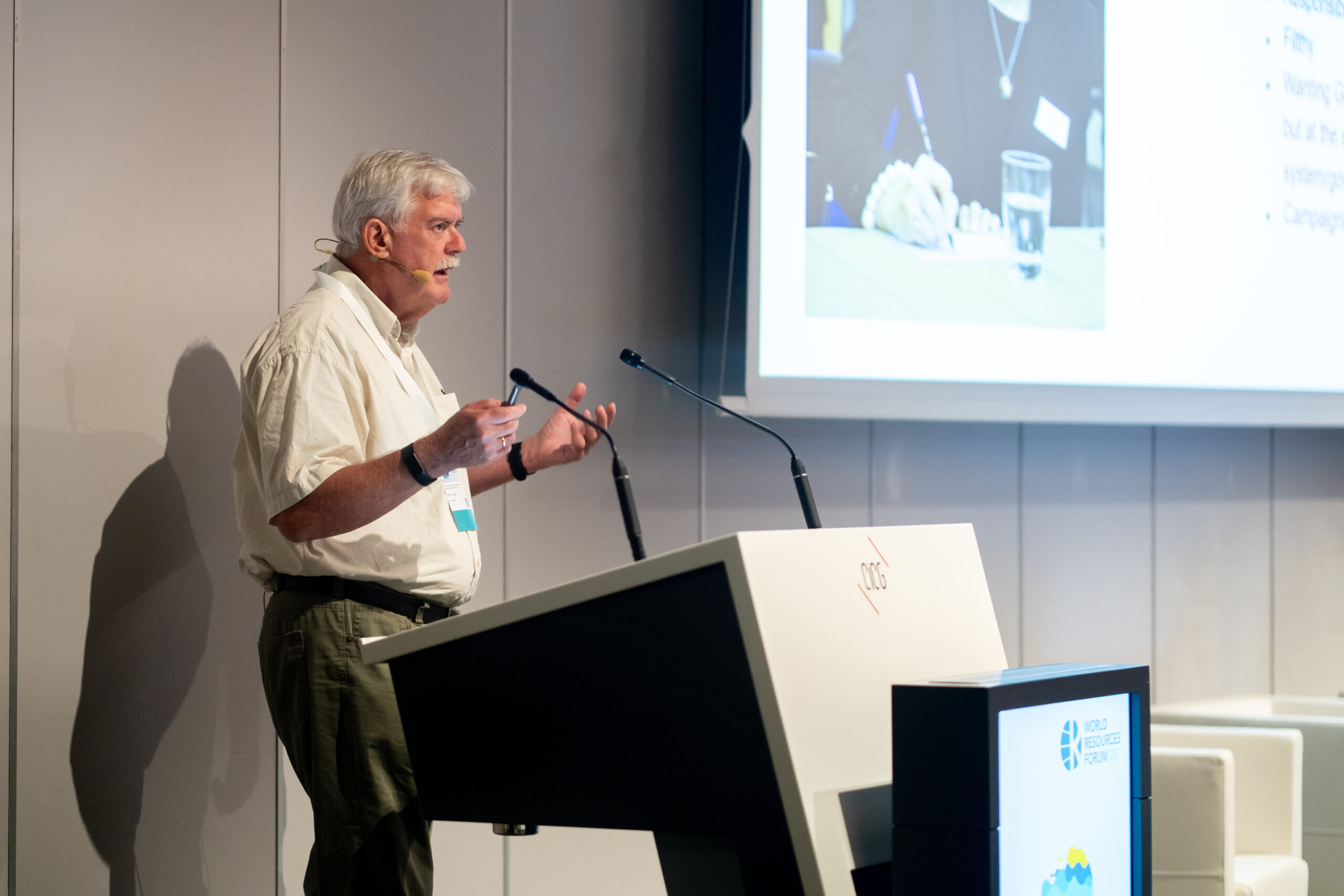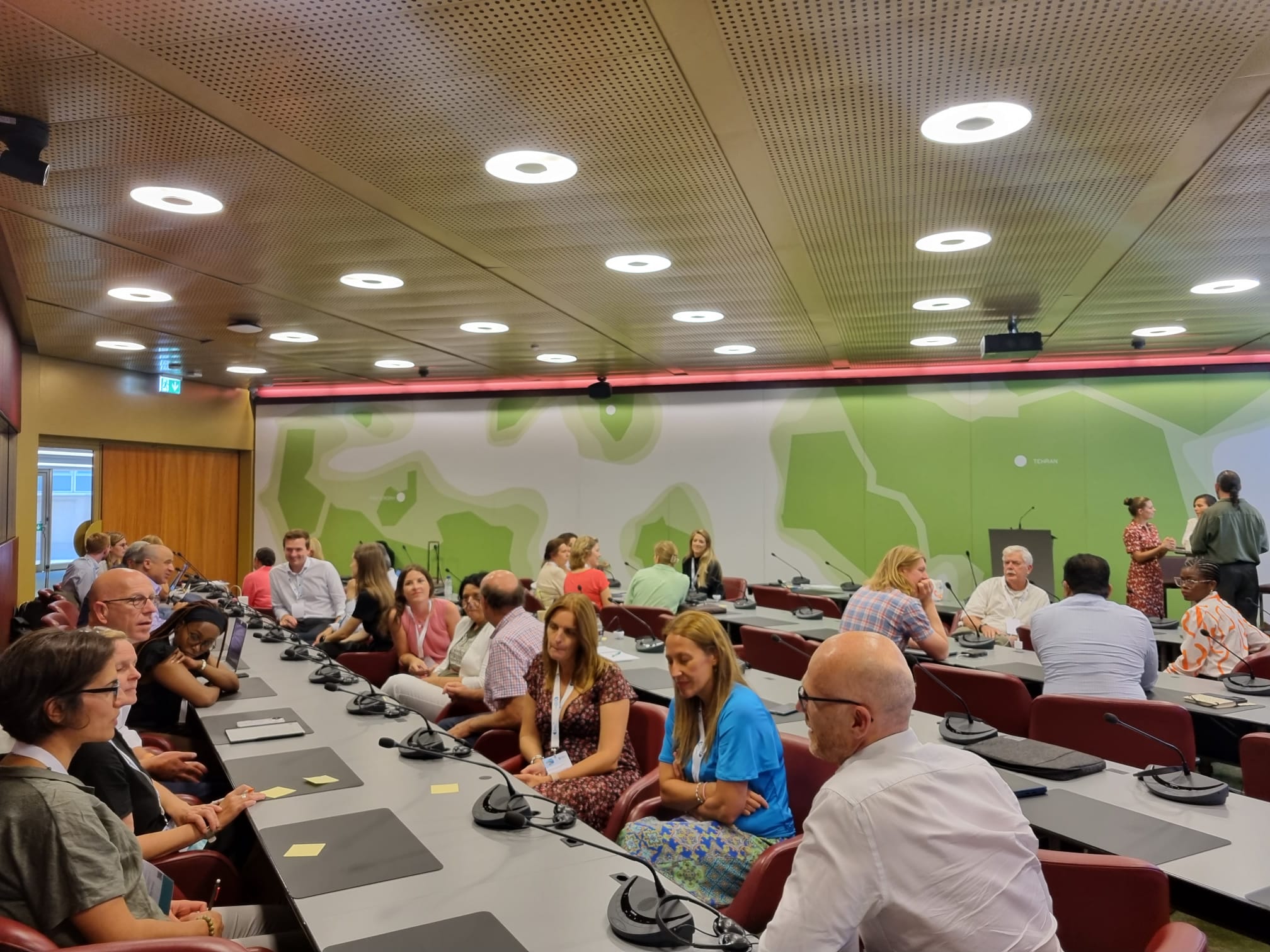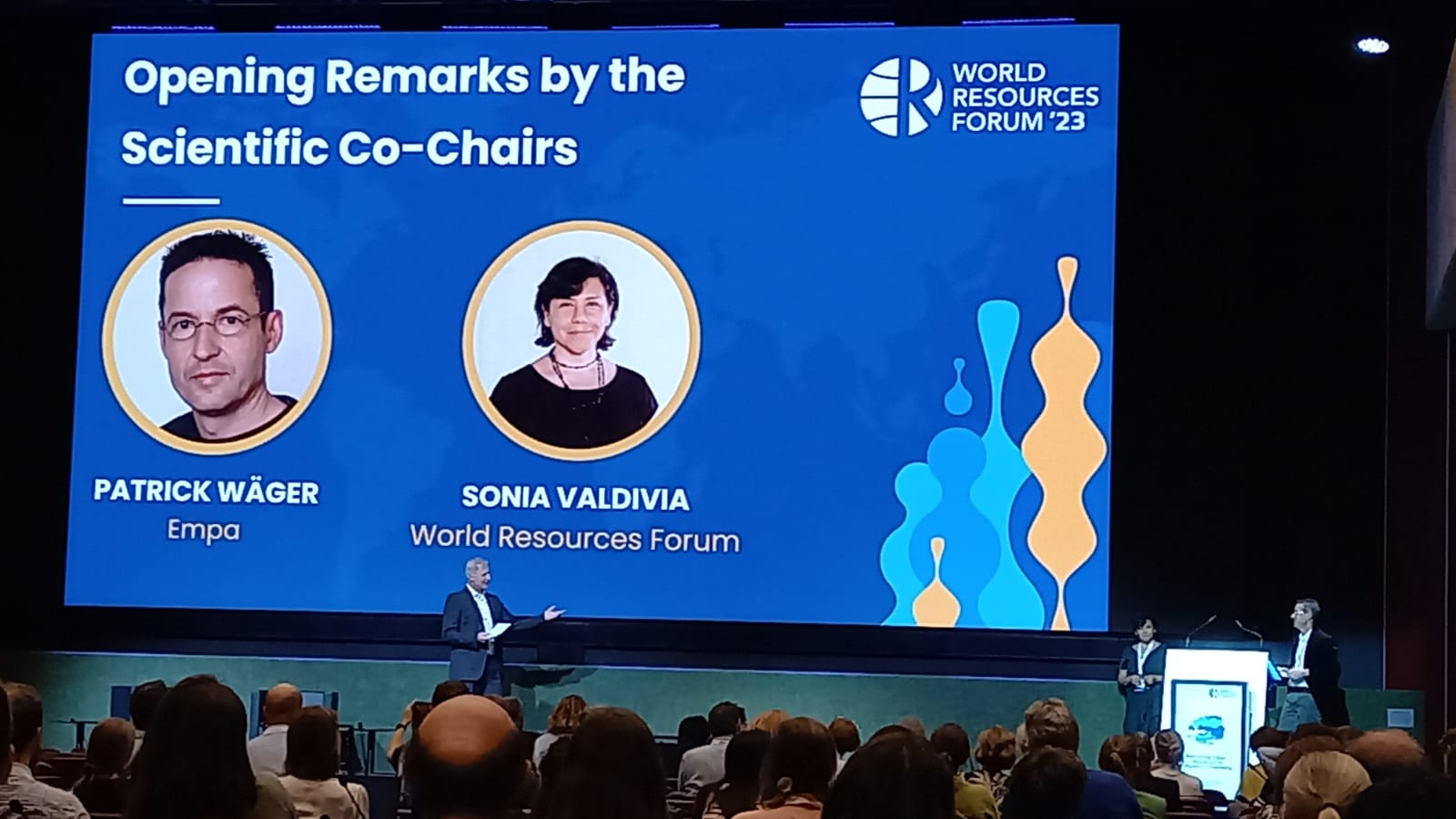TU Delft, is the oldest and largest technical university in the Netherlands aiming to make an impact for a better society. The university offers 16 bachelor’s and more than 30 master’s degree programs across eight faculties.
We asked, Jeremy Faludi, assistant professor of sustainable design engineering at TU Delft why they joined a project and particularly, what he thinks we can achieve with DiCE.
First, because the healthcare sector is a big cause of environmental impacts. If it were a country, the healthcare industry would be the 5th biggest greenhouse emitter on the planet.
Furthermore, historically, most healthcare companies have shown no interest, because there’s moral licensing – they figure treating disease is already their good deed for the day. But healthy people require a healthy world. We need to not just think of the patient in the room, but the other eight billion patients in the world.
It’s a hard problem. The hazardous waste restrictions, which are there for very good reasons, make achieving circularity much more difficult. So, I want to show other industries that even healthcare can do it.
Having taught at Stanford, Dartmouth, Jeremy has an extensive experience in academic research. So, there is no better person to ask how such research can be applied in practice in this industry.
We have plenty of sustainable design tools and methods that we can apply, already integrated into other companies. Academic research covers areas that wouldn’t be profitable for industry actors to individually do so now but are important to keep an eye on.
Jeremy is a passionate educator and speaker, regularly representing the project at European conferences. With such an extensive overview on circular matters, we were curious about his vision for the project.
I hope that we will not only have great case studies of the specific products we are redesigning for circularity, and where we will be able to measure how much of an environmental and economic improvement we can make, but that we are also going to build expertise and processes within the participating companies to integrate sustainability and circularity into the way they design all healthcare products and services. I’ve done this with other companies, and it’s great to see not just one product fixed, but to know that hundreds of products, hopefully for decades to come, will also be more circular. It is equally important that we also create a great design guide that all other companies in the industry can use to make their products and services sustainable.
Sustainability is an ethical concern, it’s an economic concern, it’s a national security concern for critical materials, and it’s a health concern.


